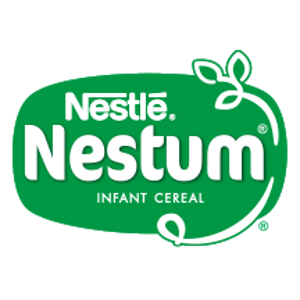
The essential guide to breastfeeding and early nutrition: setting the foundation for a healthy life
Did you know that the nutrients in breastmilk continuously change to match the growth and development of a baby throughout its infancy?
Every mother produces unique milk influenced by her diet, which can affect the levels of vital nutrients such as vitamin A, vitamin D, B-complex vitamins, iodine, essential fatty acids, and DHA.
For optimal milk production, it is crucial for mothers to maintain a healthy diet and stay well-hydrated while breastfeeding.
The lifelong benefits of breastfeeding
Breastmilk is the ideal food for babies during their first six months, laying the foundation for a healthy life. It provides protection against health issues such as diarrhea, ear and respiratory infections, and allergies.
Moreover, breastfeeding is associated with a reduced risk of developing chronic conditions later in life, including obesity, diabetes, heart disease, and hypertension.
Nutritional needs around six months
Around six months of age, breastmilk alone may not meet the nutritional requirements for energy, protein, iron, and zinc. It is recommended to introduce iron-rich foods first, such as iron-enriched infant cereals, pureed meats, poultry, and fish.
Gradually adding fruits, vegetables, and dairy products can help fill potential nutrition gaps as your baby grows.
Influencing food choices from a young age
The way young children are fed is a significant experience that can shape their future food intake and preferences. Parents and caregivers play a vital role in selecting healthy food options and encouraging children to try new foods without pressuring them.
Allowing children to listen to their hunger and fullness cues can help establish healthy eating habits from the start.
The importance of the family table
As children become more independent and aware of what others are eating, being a good role model at the family table is essential. By including fruits and vegetables in meals and demonstrating healthy food choices, parents can positively influence their child's food preferences and increase the likelihood of them adopting similar habits.
Supporting mothers for a healthy start
Every mother wants to give her baby the best start in life. While preparing for the arrival of your little one, focus on maintaining a balanced diet.
Thoughtful nutrition planning ensures that both you and your baby receive the essential nutrients necessary for well-being now and in the future.
Simple lifestyle adjustments can help women maintain a healthy weight before pregnancy and gain the appropriate amounts during pregnancy:
- Eat frequent, small meals to sustain energy levels throughout the day.
- Reduce refined carbohydrates (sugar) and saturated fats (e.g., pizza or chips).
- Stay active with regular activities, such as walking or swimming.
Introducing new foods to your baby
When introducing new foods, remember not to pressure children to eat, but don’t give up if they refuse their greens! Sometimes, a child may need to try a new food as many as ten times before they enjoy it. The effort will be worthwhile in the long run.
If you're seeking personalized support and resources for your parenting journey, we invite you to register with Familynes.
Join our community today to access exclusive benefits and tailored materials that will help you nurture your child’s health and development!

































